Thai PM removed from office for abuse of power
Updated: 2014-05-07 14:55
(Agencies)
|
||||||||
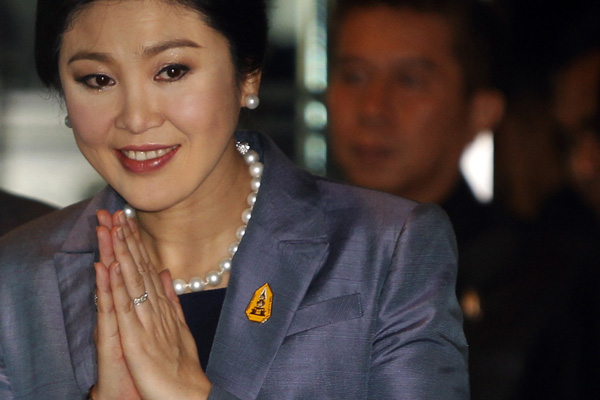 |
|
Thailand's Prime Minister Yingluck Shinawatra arrives at the Constitution court in Bangkok May 6, 2014. Yingluck arrived at the Constitutional Court on Tuesday to defend herself against charges of abuse of power, one of two legal challenges that could see her removed from office this month. [Photo/Agencies] |
BANGKOK - A Thai court found Prime Minister Yingluck Shinawatra guilty on Wednesday of violating the constitution and said she had to step down, although ministers not implicated in the case can remain in office.
The decision is bound to anger her supporters, but the survival of her government could take the sting out of protests they had planned for the weekend and may make confrontation with opposing groups less likely.
Yingluck has faced six months of protests in the capital, Bangkok, aimed at toppling her government. The anti-government protesters have failed to achieve their aim in the street but turned to legal challenges to remove her.
The judge who delivered the verdict said Yingluck had abused her position by transferring the National Security Council chief to another post in 2011 so that a relative could benefit from subsequent job moves.
"The accused was involved in the transfer of Thawil Pliensri from his position as National Security Council head," the judge said, adding that was done " in order for Priewpan Damapong, a relative of the accused, to gain a new position".
"The accused acted for her own political benefit ... The transfer wasn't done for the benefit of the country," he added.
Yingluck denied wrongdoing.
Some legal experts had expected her entire government to be forced out if she was found guilty.
It remains unclear how a new premier will be appointed. In Thailand the prime minister is normally elected by the lower house of parliament but that was dissolved in December when Yingluck called a snap election to try to defuse the protests.
From that point, she headed a caretaker administration with limited powers. The election in February was disrupted and later declared void by the Constitutional Court.
The crisis broadly pits Bangkok's middle class and royalist establishment against the mainly poor, rural supporters of Yingluck and her brother former premier Thaksin Shinawatra, who was ousted by the military in 2006 and lives in exile abroad to avoid a jail sentence handed down in 2008 for abuse of power.
Yingluck's supporters accuse the Constitutional Court of bias in frequently ruling against the government. In 2008, the court forced two Thaksin-linked prime ministers from office.
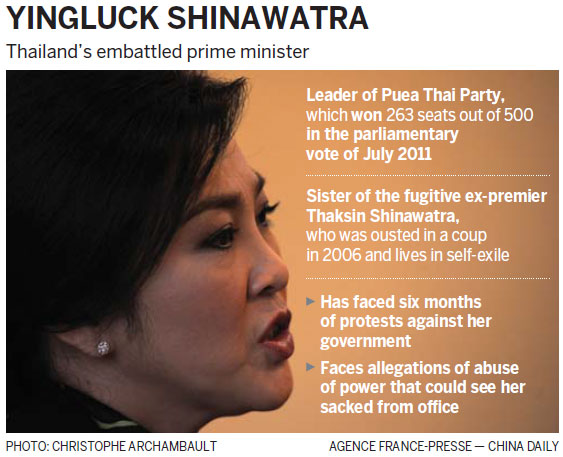
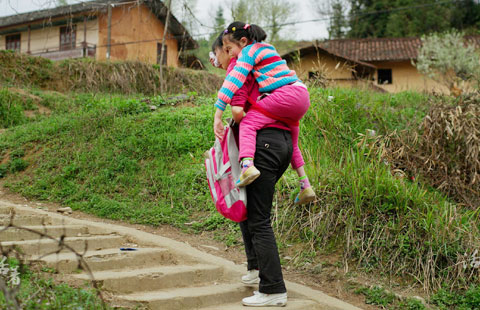
 Mother's enduring love gives strength to daughter
Mother's enduring love gives strength to daughter
 Forum trends: Top 10 misconceptions about Africa
Forum trends: Top 10 misconceptions about Africa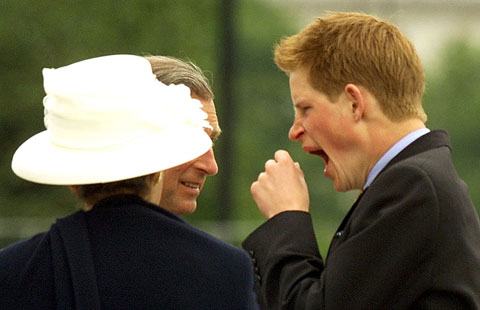
 World leaders caught yawning...they're just like us!
World leaders caught yawning...they're just like us!
 Highlights of 2013 Share the Experience contest
Highlights of 2013 Share the Experience contest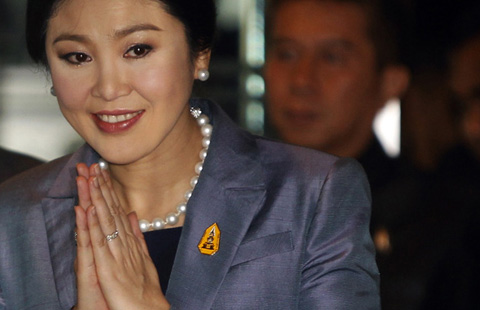
 Thai court verdict in PM's abuse of power case due May 7
Thai court verdict in PM's abuse of power case due May 7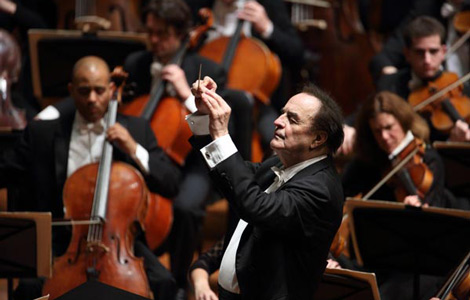
 Boston Symphony makes China encore
Boston Symphony makes China encore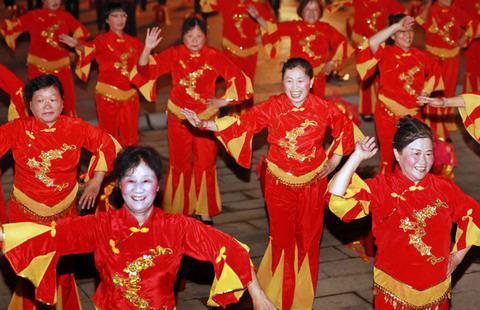
 Forum trends: How has China changed me?
Forum trends: How has China changed me?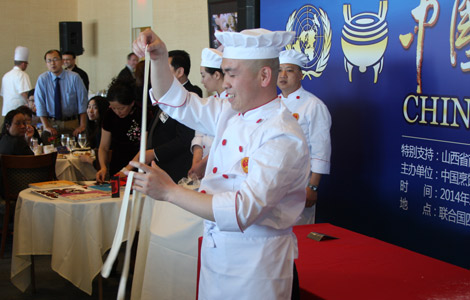
 UN hosts China Shanxi Food Festival
UN hosts China Shanxi Food Festival
Most Viewed
Editor's Picks
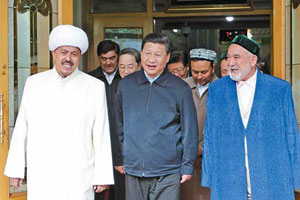
|
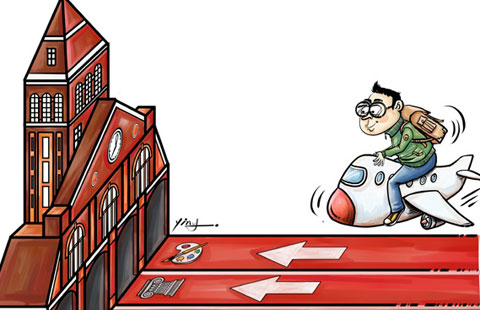
|

|

|

|

|
Today's Top News
GM to spend $12B to jump start slowing China sales growth
Chinese premier arrives in Nigeria for visit
Chinese vaccine ready for global distribution
Chinese applicants for US grad schools drop
Alibaba files for IPO in US
Shanghai adds hospice beds as population ages
Use of foreign words ignites debate
Smog fees boost Beijing budget
US Weekly

|

|








